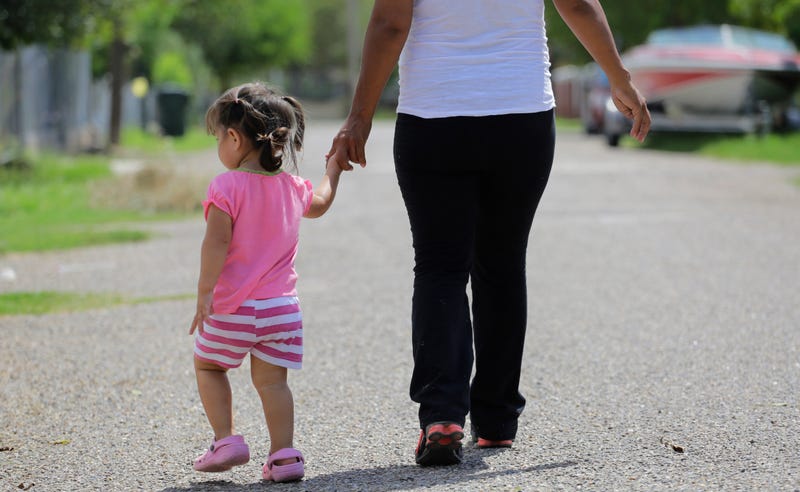
SOUTH JERSEY (KYW Newsradio) — New Jersey is at the front of the fight to block President Donald Trump’s executive order that seeks to end birthright citizenship for the children of parents who are in the U.S. illegally.
New Jersey and Massachusetts are co-leading an 18-state coalition of attorneys general arguing for a preliminary injunction of the executive order in Boston.
New Jersey Attorney General Matt Platkin said Trump’s efforts to rewrite the 14th Amendment of the Constitution, which grants citizenship to all people born in the U.S., is an attack on what it means to be an American.
“This country said we no longer want to have a debate about whether children born on United States soil are entitled to the rights and privileges of American citizenship. We settled that debate 157 years ago,” he said.
U.S. District Judge Leo Sorokin was the third federal judge last week to hear arguments in lawsuits seeking to block the order. The state attorneys general, along with the cities of San Francisco and Washington, asked Sorokin to issue a preliminary injunction.
The group called Trump’s order a “flagrantly unlawful attempt to strip hundreds of thousands of American-born children of their citizenship based on their parentage.”
RELATED
“The president, as powerful as he may be, is not a king, and he cannot rewrite the Constitution overnight with the stroke of a pen,” Platkin continued. “He has to subject to the guardrails put in place in the Constitution and in our laws — and those laws bind Democratic presidents, Republican presidents.”
The coalition also said Trump’s order would cost states funding they rely on to “provide essential services” — from foster care to health care for low-income children to “early interventions for infants, toddlers, and students with disabilities.”
The 14th Amendment was ratified in 1868 after the Civil War and the Dred Scott Supreme Court decision, which held that Scott, an enslaved man, wasn’t a citizen despite having lived in a state where slavery was outlawed.
Trump has said the amendment was never intended to apply to children born of mothers who are in the country illegally or temporarily, such as student or work visas and vacations.
RELATED
The Trump administration has asserted that children of noncitizens are not “subject to the jurisdiction” of the United States and therefore not entitled to citizenship.
Attorneys for the states have argued that it does — and that has been recognized since the amendment’s adoption, notably in an 1898 U.S. Supreme Court decision. That decision, United States v. Wong Kim Ark, held that the only children who did not automatically receive U.S. citizenship upon being born on U.S. soil were children of diplomats, who have allegiance to another government; enemies present in the U.S. during hostile occupation; those born on foreign ships; and those born to members of sovereign Native American tribes.
Two other federal judges blocked Trump's order earlier in the week — first in Maryland, where a judge issued a nationwide pause on the order in a lawsuit brought by immigrant-rights advocacy groups and a handful of expectant mothers; and then in Seattle, in a separate lawsuit.
Another challenge, brought by the American Civil Liberties Union, goes before a federal judge in New Hampshire on Monday.
The U.S. is among about 30 countries where birthright citizenship — the principle of jus soli or “right of the soil” — is applied. Most are in the Americas, and Canada and Mexico are among them.
The Associated Press contributed to this report.
